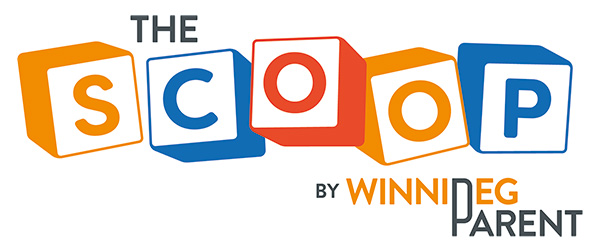When you have a bright child who doesn’t achieve to potential, we often affectionately call them underachievers, because we know they are capable of achieving so much more. As a parent, it can present quite a challenge to figure out how to “inspire” your bright child to get the work done while still helping your other children and getting all the chores done at home.
Sometimes these children are described as auditory learners because they can remember things, they have heard much faster and easier than anything they read. Over the years I have found that bright underachievers often have vision problems which make reading difficult. A clear sign that a vision problem may be at the root of your child’s difficulties is poor performance on written or standardized tests.
It may surprise you to learn that many of the children who have vision problems interfering with learning actually have 20/20 eye sight (with or without glasses). That’s because 20/20 eyesight merely means you can see a certain size letter at a distance of 20 feet, whereas vision is a complex process that involves 17 visual skills which are critical to academic success; and seeing 20/20 is just one of those visual skills.
More than 60% of children who struggle with reading and learning have vision problems which are typically 100% correctable, yet when undetected, these children continue to struggle, don’t reach their potential and perform poorly on standardized tests.
Following are some additional signs that your child may have a vision problem that is contributing to his or her difficulty with reading and learning:
- Poor reading comprehension
- Homework takes longer than it should
- Headaches at the end of the day
- Trouble keeping attention on reading
- Difficulty completing assignments on time
- Difficulty copying from board
- Burning, itchy, watery eyes
- Tilts head/closes one eye when reading
- One eye turns in or out
- Avoids near work/reading
- Holds reading material too close
- Poor handwriting
- Skips/repeats lines when reading
If your child has any of these symptoms, there is a strong possibility that a treatable vision problem is contributing to his or her difficulties. Depending on the depth of the vision problem, these vision problems can often be treated over the summer, which will give your child a better start to the new school year.
Optometrists who are members of Vision Therapy Canada provide specialized testing to evaluate all of the visual skills required for academic success; to find a doctor visit: www.visiontherapycanada.com






